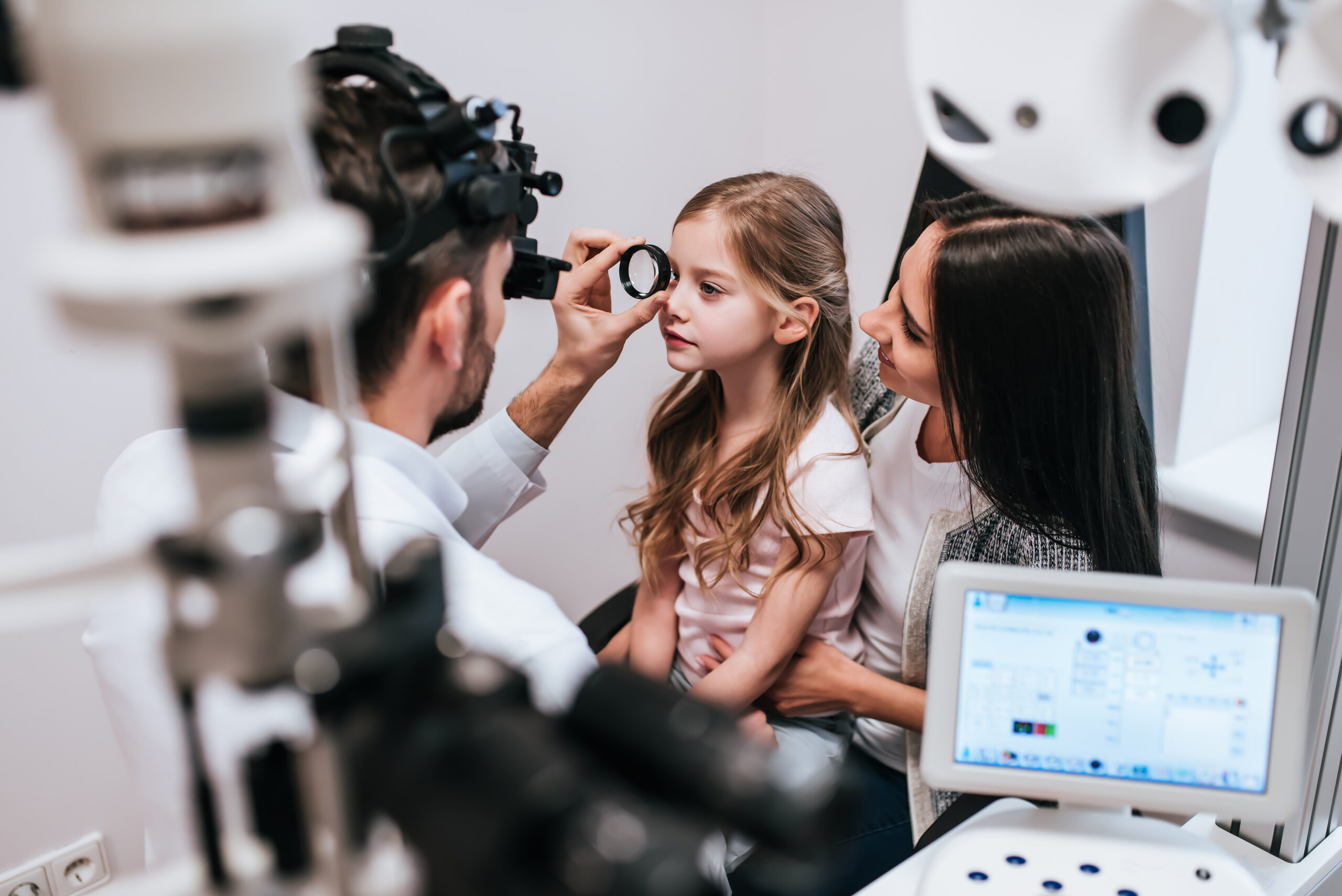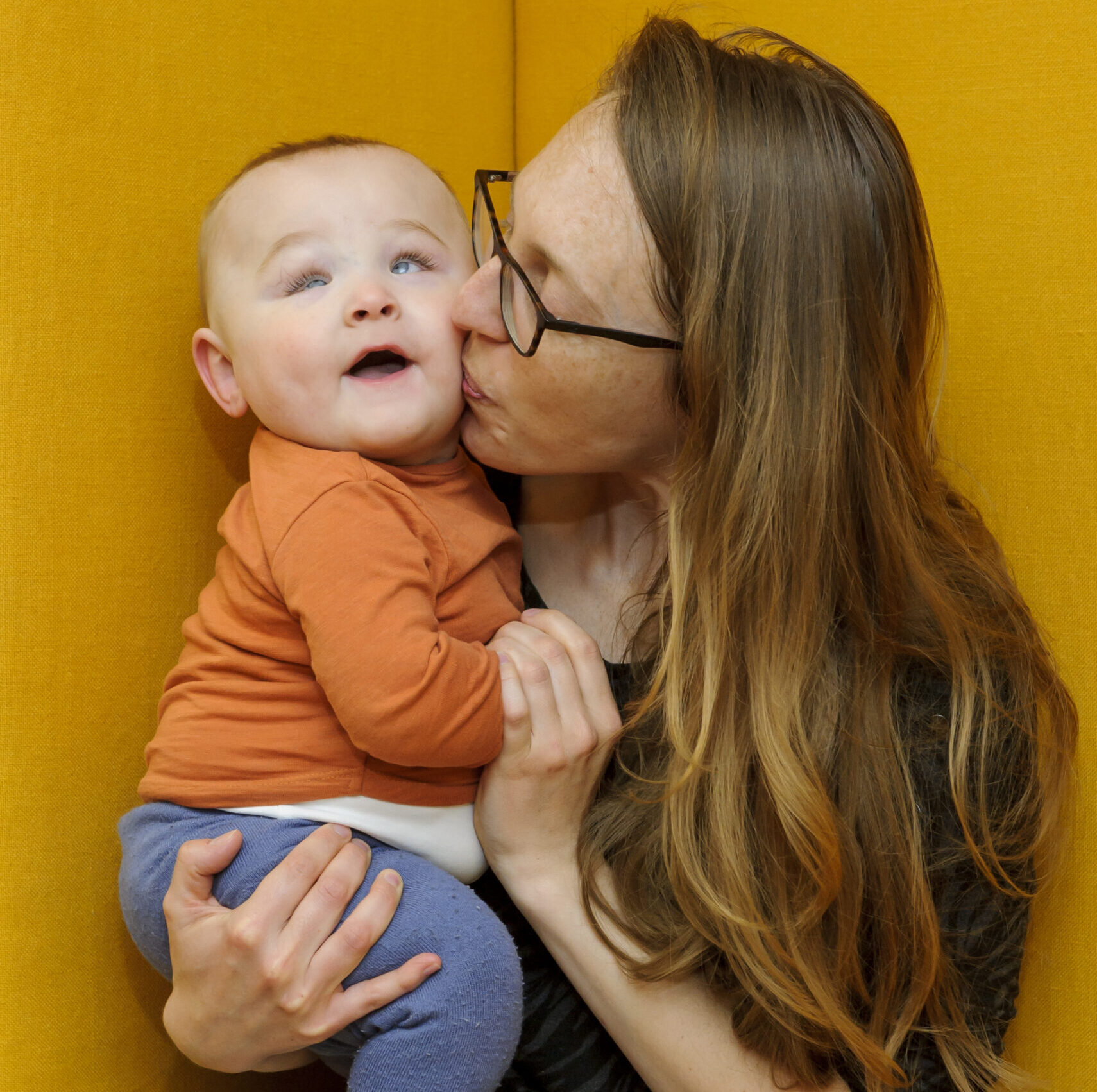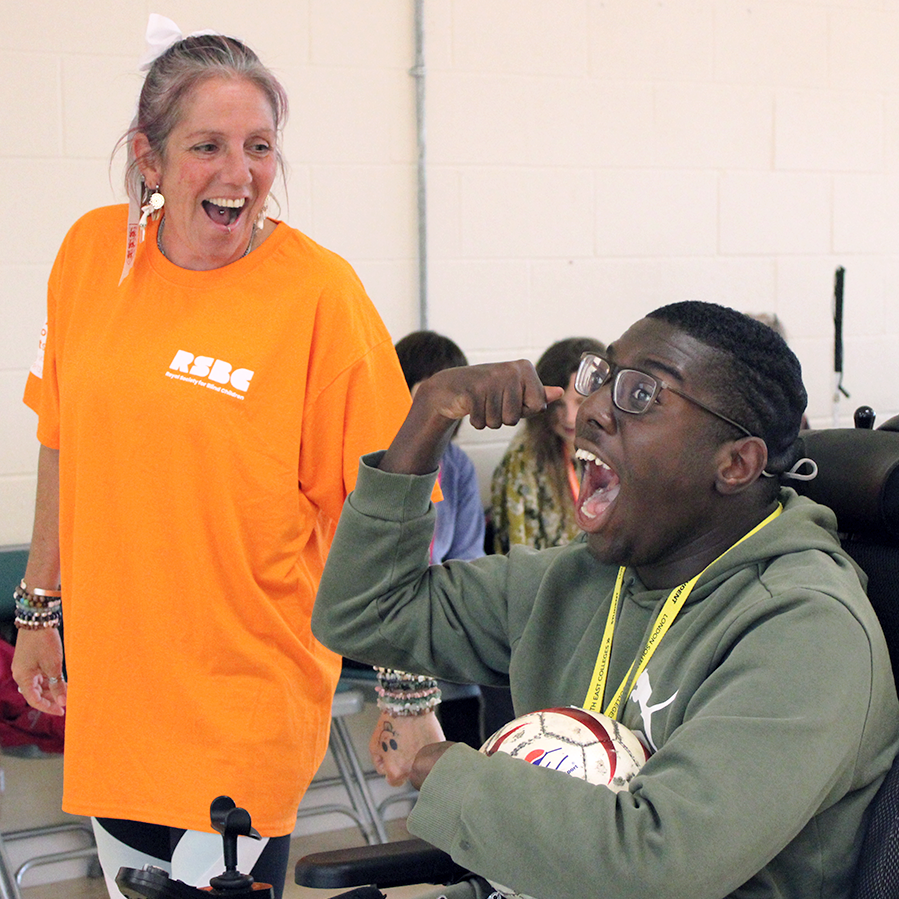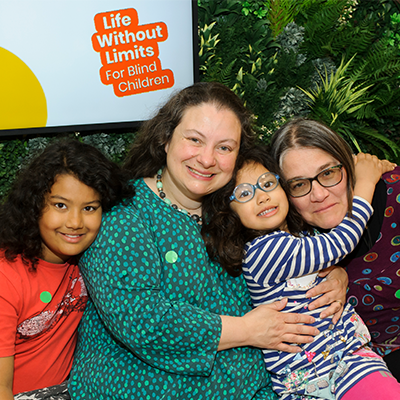Possible changes to disability benefits need careful assessment
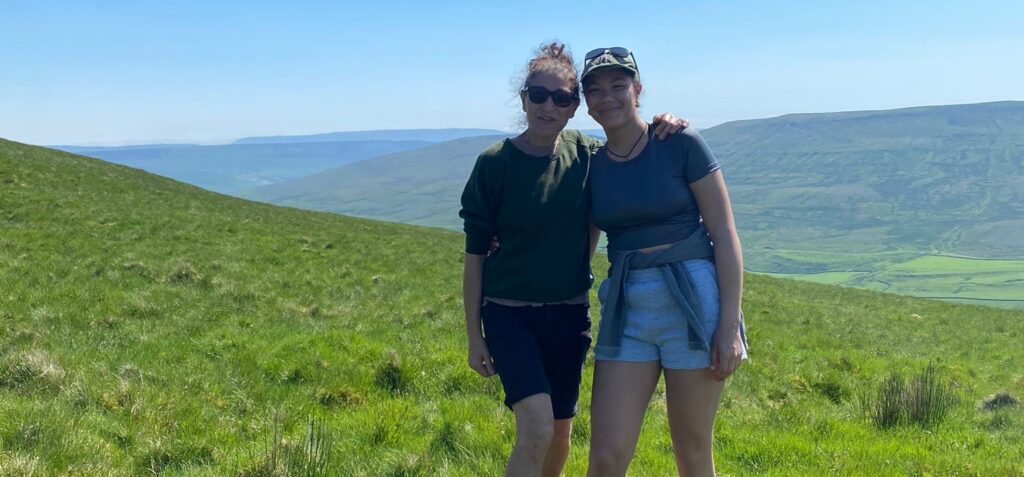
The previous UK government opened a public consultation which looked into a possible major overhaul of Personal Independence Payments (PIP). This has been kept open by the new Work and Pensions Secretary, and draws to a close today (July 23rd 2024).
PIP is a monthly cash payment which can be accessed by people with long-term physical or mental health conditions. It helps them carry out everyday tasks, but could potentially be replaced with either a voucher system or separate, one-off grants to pay for particular costs.
RSBC provides support to the families of blind and partially sighted children and young people so that they can access the disability benefits they’re entitled to, including PIP. As an advocate for the rights of vision impaired young people, we’re calling for the government to carefully consider any changes proposed in the consultation, so that they positively impact those who rely on them.
The Impact of PIP on Vision Impaired Young People
Having successfully applied for the Personal Independence Payment (PIP) for Tais once she reached the age of 16 – which helps with extra living costs associated with long term health conditions and disabilities – Gillian’s concerned about any changes that could be proposed by the government.
“At present, Tais can use the money she receives in the way that’s best for her. For example, she can buy apps that help with different magnifying levels, and digital technology that helps her with her studies, like a special keyboard. These things aren’t cheap.
“She attends a college which is quite far away from home, and it takes her two hours on buses to get there. It’s great that she can put some money to one side so that there’s the option of a taxi if the weather’s bad.
“I can’t understand how changing the system to vouchers, for example, would work. The spectrum of disabled people’s needs is vast – everyone has different abilities. Those making the decisions probably haven’t had personal experience of disability, so how can they decide which voucher is best for someone with vision impairment, for example?”
Gillian continues,
“A voucher scheme will entail even more paperwork and admin issues than PIP, which gives people the ability to be independent. It’s Tais’ money for her future. I can’t believe that people with disabilities are being targeted in this way.”
RSBC's Support: Helping Families Navigate Disability Benefits
RSBC has supported Tais and Gillian through its Families First service, and the guidance and expertise that’s been provided has been appreciated.
“Edyta from RSBC has been so helpful. She guided us when we were completing the benefits applications. Filling in PIP and Disability Learning Allowance forms takes couple of hours, and we had very in-depth conversations about everything that needed to be included.”
Making sure that a young person with vision impairment’s school is on board with everything is important too, Gillian continues.
“Tais got all her GCSEs, and she’ll do T levels at college. She went to a Manchester University open day recently, as she wants to do genetics – an interest that was sparked by her Stargardt’s.”
She admits that it can be difficult having one child who can do things that the other can’t.
“At 16, Tais’ sister Nalo and all her teenage friends are talking about things like taking driving lessons, so she feels quite excluded from these conversations.”
Despite the stress she’s felt over the last few years, Gillian says she’ll continue to do her best for her daughter.
“Tais will want to work after she’s completed her studies, but she needs support to do that or else she could be excluded from society. The whole experience has been gruelling, but as a parent I need to keep fighting for her.
“Although charities are struggling for funding, they’re the only place that people like us can find the guidance and support they need. It’s unbelievable that it’s down to RSBC to provide so many services for blind and partially sighted young people and their families, rather than local councils or the government.
“Tais is doing so amazingly well, and we just take every day at a time,” she adds. “Nalo and I are so proud of her.”
